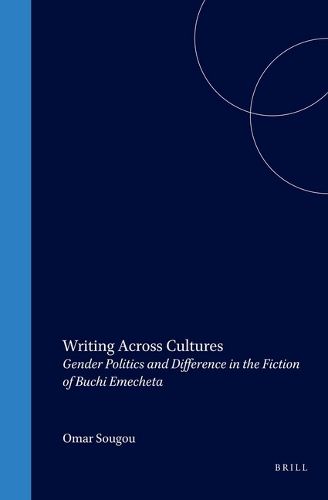Readings Newsletter
Become a Readings Member to make your shopping experience even easier.
Sign in or sign up for free!
You’re not far away from qualifying for FREE standard shipping within Australia
You’ve qualified for FREE standard shipping within Australia
The cart is loading…






This is a timely and comprehensive study combining various critical approaches to the fiction of Buchi Emecheta, one of Africa’s most illustrious and contentious women writers. Feminist (Showalter, Cixous, Kristeva) and postcolonial approaches (writing back) are taken to Emecheta’s texts to illuminate the personal, political and aesthetic ramifications of the production of this born writer. Poststructural programmes of analysis are shown to be less relevant to this writer’s fiction than Marxist and Bakhtinian perspectives. Emecheta is shown to be a bridge-builder between two cultures and two worlds in narratives (both challenging and popular) characterized by ambiguity, ambivalence and double-voiced discourse, all of which evince the writer’s determination to expose imaginatively the colonial heritage of centre-periphery conflicts, cultural corruption, ethnic discrimination, gender oppression, and the migrant experience in multiracial communities.
$9.00 standard shipping within Australia
FREE standard shipping within Australia for orders over $100.00
Express & International shipping calculated at checkout
This is a timely and comprehensive study combining various critical approaches to the fiction of Buchi Emecheta, one of Africa’s most illustrious and contentious women writers. Feminist (Showalter, Cixous, Kristeva) and postcolonial approaches (writing back) are taken to Emecheta’s texts to illuminate the personal, political and aesthetic ramifications of the production of this born writer. Poststructural programmes of analysis are shown to be less relevant to this writer’s fiction than Marxist and Bakhtinian perspectives. Emecheta is shown to be a bridge-builder between two cultures and two worlds in narratives (both challenging and popular) characterized by ambiguity, ambivalence and double-voiced discourse, all of which evince the writer’s determination to expose imaginatively the colonial heritage of centre-periphery conflicts, cultural corruption, ethnic discrimination, gender oppression, and the migrant experience in multiracial communities.